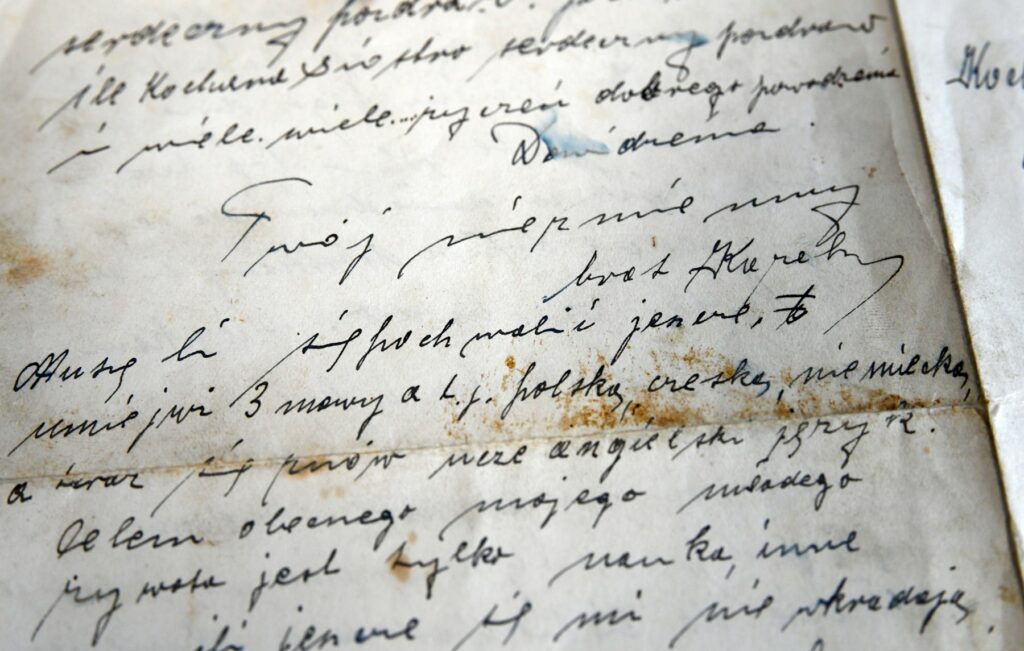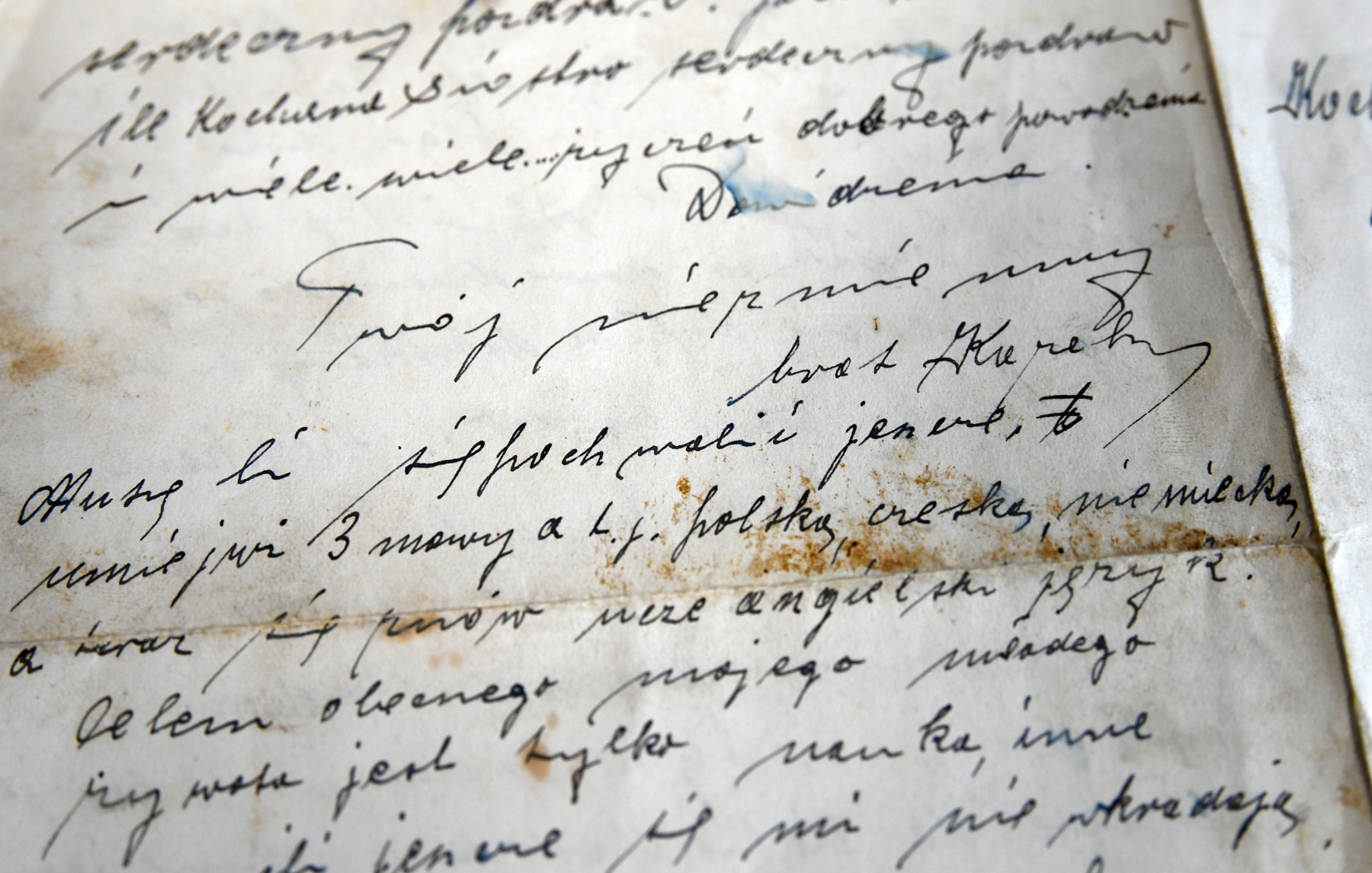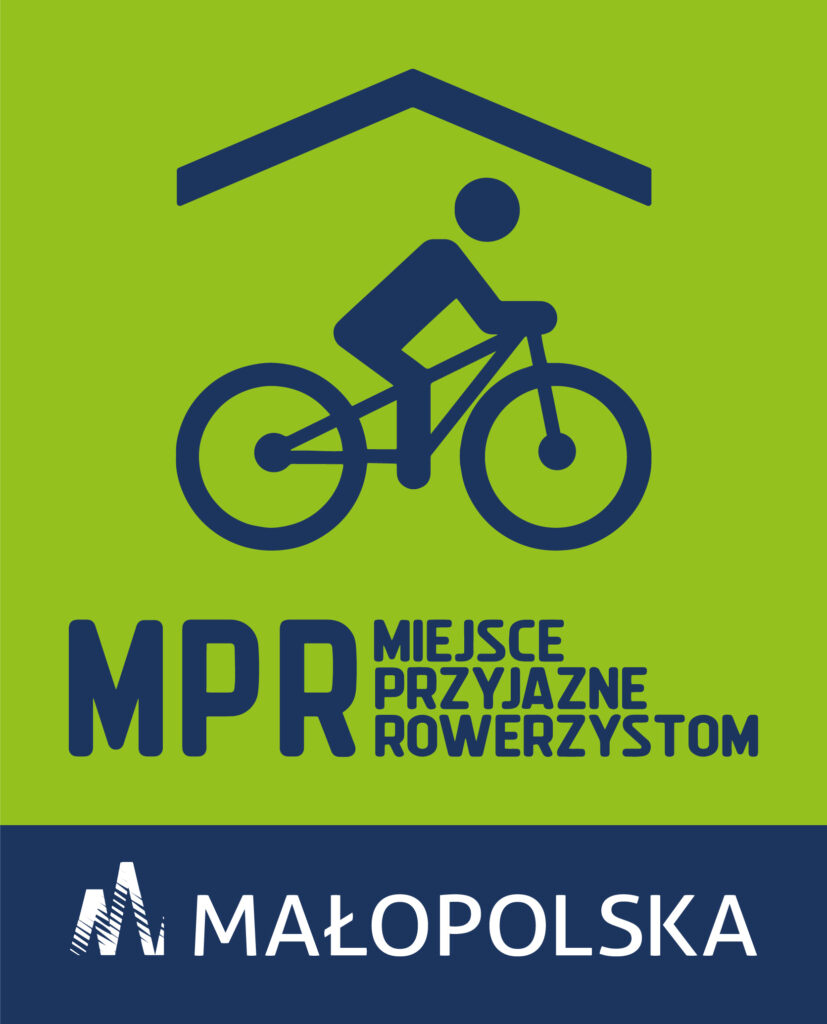A donation of four unique letters written by Kazimierz Jędrzejowski in 1941 and 1942 to his sister Elżbieta have found their way into the collection of the Remembrance Museum.
Kazimierz Jędrzejowski was an extraordinary man. He was born in Osiek on July 12, 1924. He was a member of the Peasant Battalions acting under the pseudonym “Kazek” serving as a liaison officer for the Bielsko Peasant Battalions District Command. He supplied food and medicine to KL Auschwitz prisoners and acted as an intermediary in the exchange of illegal correspondence (secret messages). At the age of 19, he became commander of the Peasant Battalions’ Special Unit. Gendarmes arrested him in Malec on October 12, 1943. He was not yet 20 when he was killed in Auschwitz-Birkenau on May 26, 1944.
Although over 80 years have passed, the letters “Kazek” wrote have survived in very good condition. In one of them, dated April 6, 1941, the author describes in detail to his sister, whom he fondly called Elza, the story surrounding his deportation to forced labour in Germany and his escape from the Bauer (German farming landowners).
“On Thursday they took us from home, I wasn’t the only one to be taken, and already at 10 o’clock we sat down on the train, after an 8 hour train ride we arrived at the place, and immediately the hosts took us from the station to their places. I and another boy from Osiek stayed with one farmer who had 300 morgas of land, and how we got on I won’t describe to you here, only when we see each other together, I’ll tell you all about it. In any case, in a year’s time I would have lost my health, and maybe paid with my life, work never done and lousy food only 3 times a day. Unable to live in such conditions, my colleague and I escaped under cover of darkness. What we went through, one does not even want to mention. In the cold and hunger in one day we walked 40 km on foot and travelled 250 km by rail. And if I wasn’t able to speak German, there’s no way we could have escaped, because no one there knows how to speak Polish, simply everything is in German, and on top of that we had to change trains 3 times. Thank God everything went fine and I will never set foot again in Germany, because my honour will not allow me to work for them as they oppress our people.”
Thanks to Kazimierz Jędrzejowski’s invaluable correspondence and descriptions of daily life, we can get to know not only “Kazek” better, but also learn what reality under occupation was like. In the same letter, we read: “Dear Sister. There is nothing new in Osiek, for now people still have something to eat and something to stand up in , and what will happen later is unknown. At present the Germans have again evicted people from Oswiecim and partially the neighbouring village of Nidek, other than that there is nothing worthy of attention, maybe you have some news?”
The memory of Kazimierz Jędrzejowski is still alive. In his hometown of Osiek, he is commemorated on a plaque by the municipal office and was the patron of a junior high school. In Malec he is commemorated by a monument, a street and the local park are named after him.
***
If you would like to donate valuable historical items or share your memories of World War II, please contact us: – telephone – 33 447 40 84 – e-mail – office@www.muzeumpamieci.pl – in person – Remembrance Museum of Land of Oświęcim Residents, 2A Kolbego Street, Oświęcim







